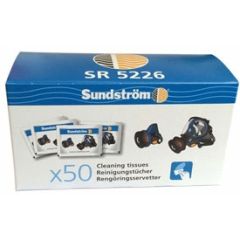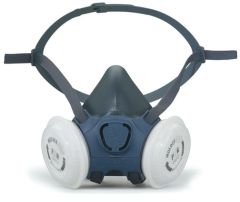Moldex 3405 FFP3 Dust Masks
The Moldex 3405 Air plus FFP3 Mask provides protection against high levels of toxic dust, fine particles including silica dust, fibre glass & loft insulation.
The HY9632 is a recommended alternative product in stock now
SKU#:
327
Availability: In stock
£38.00
Moldex 3405 FFP3 Dust Masks
- Washable soft TPE face seal
- Airwave pleated technology with 260% more filter surface for decreased breathing resistance
- Full face seal
- ActivForm so no nose clip required
- Duramesh ensuring the mask shape does not change
- Loop strap with adjustable straps for easy of use
- Certfified to EN149:2001+A1:2009
Ideal for protection against:
- Asbestos
- Soft & Hard wood dust
- Silica
- Loft insulation
- Fine dusts
- Fumes
A recommended product available in stock now is the HY9632
Write Your Own Review
Christmas-New Year Dispatch Dates:
- 18th December midday cut off.
Any orders placed after this date will be processed.
- 27th December midday cut off.
- 30th December midday cut off.
- Next dispatch date: 2nd January 2024.
- Whilst standard delivery is stated as 1-3 days we are currently delivering over 99% of orders the next business day as a standard service if placed before 2.30 pm.
Delivery Options:
- Standard Delivery: (1-3 business days) (£ 5.75 - £ 6.20)
- Next Business Day Delivery: (Order Must be placed before 2 pm) (£ 9.50 ex vat)
- Next Day Working Day Delivery Pre 12 delivery (Order Must be placed before 2 pm): £ 11.50 ex vat
- Next Working Day Delivery Pre 10.30 delivery (Order Must be placed before 2 pm): £ 13.95 ex vat
- Weekend Delivery Options:
- Saturday Delivery: (Order Must be placed before 12 pm) £ 22.50 ex vat
FREE DELIVERY OVER £ 75 NET
- The free delivery over £ 75 net is only available for UK mainland.
- Deliveries to Islands and highlands are a 2-3 day delivery option only & charged at £ 16 ex vat.



